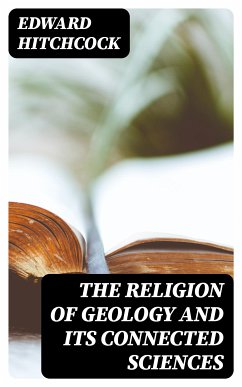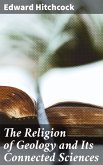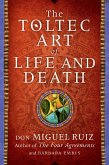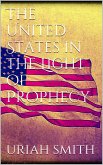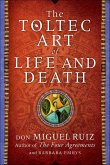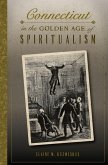Edward Hitchcock's "The Religion of Geology and Its Connected Sciences" is a significant interdisciplinary work that explores the intersection of geology and religious thought during the 19th century. Hitchcock employs a didactic literary style, aiming to bridge the gap between scientific inquiry and spiritual understanding. His meticulous examination of geological principles alongside theological implications reveals the growing tensions and synergies between emerging scientific paradigms and traditional religious beliefs. The book is set against the backdrop of a rapidly advancing scientific community, grappling with the implications of fossil discoveries and geological time, positioning it within the broader context of the American scientific and religious landscape. Hitchcock, a prominent geologist and theologian, was deeply influenced by his training and faith. As a professor at Amherst College and a geologist commissioned by the state of Massachusetts, he faced the challenge of reconciling his scientific findings with his religious convictions. His dedication to both fields allowed him to articulate a nuanced perspective on how geological discoveries could enrich spiritual understanding, reflecting the intellectual climate of the mid-19th century America. This book is highly recommended for readers interested in the delicate balance between science and religion. Hitchcock's insights offer a profound understanding of the historical complexities in the dialogue between faith and empirical study, making it essential reading for scholars of geology, theology, and the history of science.
Dieser Download kann aus rechtlichen Gründen nur mit Rechnungsadresse in A, B, BG, CY, CZ, D, DK, EW, E, FIN, F, GR, H, IRL, I, LT, L, LR, M, NL, PL, P, R, S, SLO, SK ausgeliefert werden.

